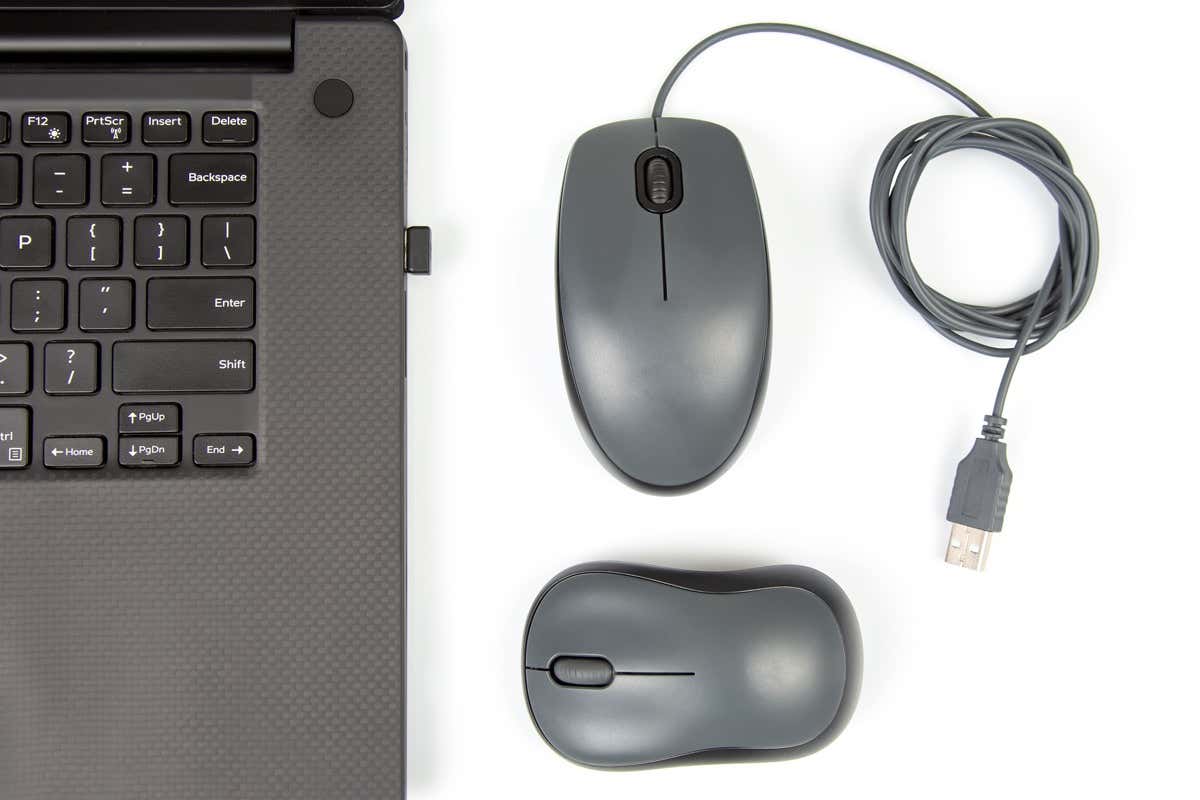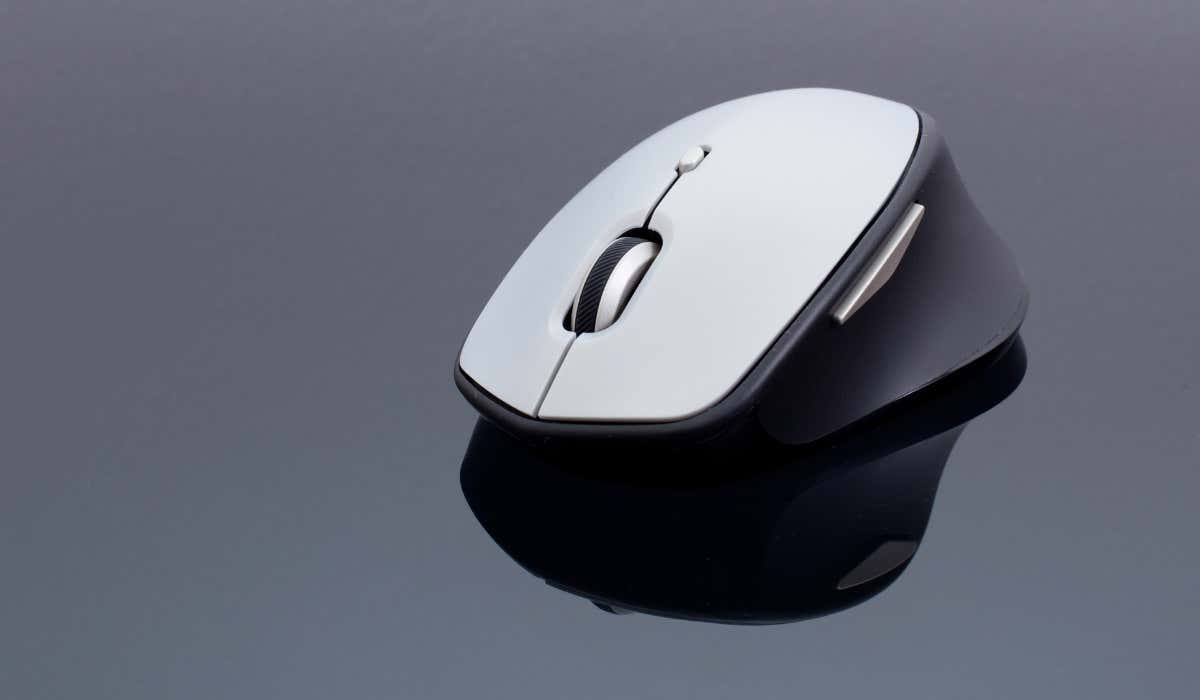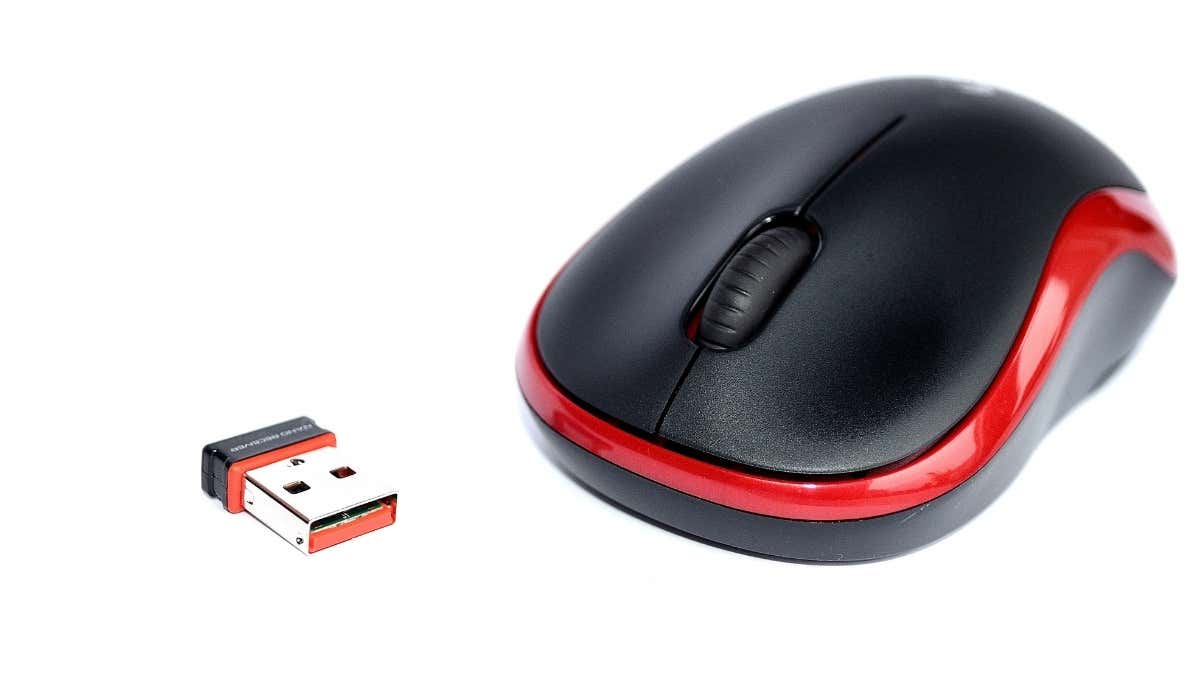A mouse is part of every PC setup. Even though laptops come with integrated touchpads, many of us prefer the comfort of an actual mouse. But when you need to buy a new mouse, you might ask whether you should go for a wireless or wired one.
Truth be told, wireless mice have a bad reputation due to weak sensors that can cause latency and connectivity issues. Wired mice were always much better at transferring data. But in recent years, this is no longer the case. The sensors have become more responsive, and lag time brought to a minimum.
So what is the difference between wired and wireless mice, and which is better? In the end, it all comes down to personal preference. Continue reading this article to discover the difference between a wired and a wireless mouse and which would suit your needs the best.
Are There Still Any Differences Between Wired and Wireless Mice?
Back in 2016, Logitech launched its G900 Spectrum, a mouse with a new wireless technology that could easily compete with the response speed of wired mice.
The technology continued to develop, and other wireless mice, such as Razer Viper Ultimate or Logitech G Pro, started closing the performance gap between wired and wireless mice.
But the differences between wired and wireless mice is still obvious and ranges from performance and aesthetics to convenience and versatility. If you’re a gamer, you’ll want your mouse to have additional gaming features that are rarely found in wireless mice. Think of all the extra buttons a SCIMITAR PRO RGB Corsair mouse has. On the other hand, if you’re a professional user that travels a lot, you might opt for a wireless device that will give you more mobility.
To better understand the differences and make a better choice for your next purchase, read the pros and cons of wired and wireless mice.
Pros and Cons of Having a Wired Mouse
Wired mice are the preferred choice for many professionals and casual gamers. Whether you’re looking for a gaming mouse or an ergonomic mouse, there’s something for everyone. Here are the advantages and disadvantages of getting a wired mouse.
Convenience
All you have to do to install a new wired mouse to your PC is simply plug it in. They all have a cable that can be plugged into a USB port and the mouse will work immediately. Unlike its wireless counterpart, you won’t have to worry about battery life or losing the transmitter.
High Speed
Believe it or not, some wireless mice are the same as their wired counterparts regarding speed. Most companies opt to make a wired and wireless version of the same product. For example, Aerox and Rival 3 models from Steelseries have one millisecond response time.
But there is a difference and it’s in the sensor. Wired models have 18,000 CPI sensors compared to the 8,500 CPI of wireless models. And these numbers make all the difference when it comes to speed. That said, you should care about this if you’re a pro gamer.
Price
Wired mice are produced with less hardware, which is always cheaper than wireless ones. This also means they’re easier to fix when you need to replace a component and cheaper to replace.
Cable Drag
The cable with which a mouse is attached to your computer adds resistance to movement.
This unwanted friction causes a decrease in response time. Although this is of no concern to the average user, many professional gamers would disagree. In fact, this can be so bothersome that some companies, such as BenQ and Razer, produce mouse bungees that hold the cable in place to eliminate the cable drag.
Range
A wired mouse will limit how far you can sit from the computer due to the cable length. This means that wired mice are not the best choice if you prefer to sit away from your PC or if you use them to control your TV. Of course, this won’t bother professional gamers or people who work close to their PCs.
Durability
The cord of a mouse is often the first thing to break. You will prolong the life of your mouse if you don’t move it too often. But people who travel a lot, and carry their laptops, know the struggle of tangled and snagged cables. You can mitigate this problem by opting for a mouse with a detachable USB cable. Then you can pack it neatly, and even if you break it, you can easily replace the cable.
Pros and Cons of Having a Wireless Mouse
Since modern wireless mice developed beyond Bluetooth technology, they became faster and more reliable. However, Bluetooth mice are still produced but they are not as popular as Radio Frequency (RF) wireless mice.
RF mice are now almost as good as wired ones and are becoming a serious competitor in the market. More and more gamers are switching to wireless devices for convenience, although wired mice are still considered superior when it comes to esports.
No Cable Drag
Instead of a cable, a wireless mouse uses a USB dongle that connects it to the PC. There is no need for separate cables and wires that would add on cable drag and slow down the performance. There is no resistance when moving the mouse, and your hand will have more freedom to move around. Wireless mice are typically ergonomic, which translates to smooth tracking and faster gameplay.
Speed
A top-of-the-line wireless gaming mouse is as fast as its wired version. Modern technology advanced so much that the speed difference between wired and wireless mice is no longer a concern for average users.
But if you are a professional gamer and want a wireless mouse, you must go for the high-end ones. Choose a device that uses Razer’s Hyperspeed or Logitech’s Lightspeed technology that eliminates signal interference. The response time of these mice is under one millisecond, and their wireless connection is very stable.
Long Range
Since wireless mice are not restrained by a cord, you can sit far away from your PC or a TV and still be able to use your mouse. Most wireless mice even come with an extender cable that allows you a longer range without losing your connection to the PC. All you need to do is plug one end of the extender into the PC and the USB receiver into the other end of the cable.
Ideal for Travel
Wireless mice are perfect for travel.
They don’t have cables that will tangle and tear in transit, especially if you travel a lot. However, some wireless mice use cables and docking stations for charging, which can easily be broken or lost on the road. They also add to the price, especially if you need to replace them often.
Higher Cost
Good-quality wireless mice are always more expensive than their wired counterparts. This is because of the advanced technology that goes into them, but also because of additional equipment. Transmitters, charging docks, and extension cables all add up to the price, but they are necessary for the proper functionality of a wireless mouse.
Battery Life
Wireless mice run on batteries. All batteries have limited life and will run out of juice sooner or later. It is very inconvenient when batteries run out during your gameplay or an important professional presentation. You can always opt to include a USB charging cable that will continuously be plugged into your mouse while you work or game, but that kind of beats the purpose of a wireless mouse.
Signal Interference
This occurs if other devices are closer to your mouse receiver than necessary. But as technology improves, signal interference is becoming a problem of the past. However, you will have to invest in a high-quality modern wireless mouse to completely avoid signal interference.
The USB Dongle
Wireless mice use receivers to connect to a PC. They are small devices, known as dongles, that are plugged into a USB port. If you lose a receiver, you will probably need to replace the whole mouse.
Some companies sell a universal receiver that can support up to six peripheral devices at once. You can have your wireless mouse, keyboard, and speakers connected through the same receiver without connectivity issues. These receivers are universal and sold separately.
Additional Weight
Wireless mice are not at all lightweight. They use batteries to work; no matter if they are cheap AA batteries or the new generation lithium-polymer ones, they add additional weight. Some people prefer heavier mice and perform well with them. But if you are aiming for speed, you will need a lightweight mouse that won’t limit your hand movement.
Which One Is Better For You?
As you can see, there is no clear-cut winner with the advancement of technology. The speed and functionality are almost the same between wired and wireless options. The final decision will depend only on your personal preference and the budget you can dedicate to purchasing a good mouse.







